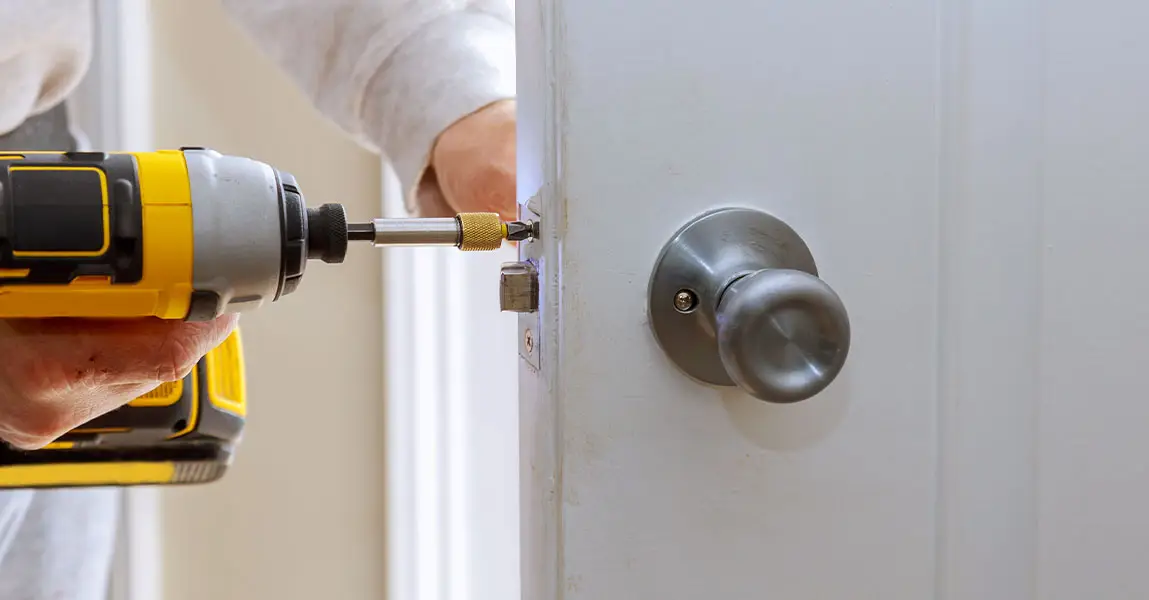Divorce or separation is one of the most emotional experiences people can go through. Conflict, confusion, and stress often make communication difficult. This is where mediation plays a vital role. A mediator helps both sides find common ground and reach fair decisions without adding unnecessary tension. Our goal as professionals is to make this process less painful, more cooperative, and focused on the future rather than the past.
Understanding What a Mediator Does
A mediator is a neutral guide who helps couples communicate effectively during separation. Unlike a lawyer or judge, a mediator does not decide who is right or wrong. Instead, we help both sides express their needs and concerns clearly. The aim is to create agreements that feel fair and practical for everyone involved.
Mediators focus on problem-solving. We look at what each person wants and try to find balanced solutions. This often includes decisions about parenting time, property division, and financial support. Because emotions can run high, our job includes helping people stay calm and listen carefully. With guidance, discussions move from blame to understanding.
Why Mediation Is Often Better Than Court
Court battles can be expensive and emotionally draining. Mediation offers a more cooperative path. It gives couples control over the outcome instead of leaving decisions to a judge. This helps reduce hostility and promotes respect even after separation.
The process also saves time and money. Most mediation sessions cost less and reach resolution faster than court proceedings. Another advantage is privacy. Discussions in mediation stay confidential, allowing couples to speak honestly without fear of public exposure. For parents, this approach often sets a positive example of problem-solving for their children.
To learn more about how professional support can improve this process, you can explore our page on counselling in St Albert. It explains how guided discussions and emotional management work together to make mediation effective and less stressful.
Key Qualities of an Effective Mediator
Not all mediators work the same way. The right one should create a space where both people feel heard. Empathy, patience, and active listening are essential. As mediators, we focus on fairness and communication, not persuasion or judgment.
A skilled mediator also understands both the emotional and practical sides of separation. Legal knowledge helps clarify what is possible, while emotional awareness helps couples handle sensitive issues. Flexibility is another important skill. Every family is different, so solutions must fit unique needs instead of following a fixed formula.
During each session, we encourage small steps forward. This keeps discussions productive and prevents frustration. When both people feel respected, they are more likely to agree on lasting outcomes.
What Happens During Mediation
The process usually starts with an initial meeting where both parties explain their situation. The mediator listens carefully and outlines how future sessions will work. This includes setting rules for communication and identifying the main issues to resolve.
After that, we begin structured discussions. Each person gets a fair chance to speak without interruption. The mediator keeps conversations balanced and helps rephrase emotional statements into clear points. When needed, private sessions may help uncover concerns that are difficult to share openly.
As discussions progress, we identify areas of agreement and narrow down the remaining disputes. The goal is to write an agreement both sides accept and understand. Once finalized, this agreement can be reviewed with legal advice if needed before becoming official.
The Emotional Side of Mediation
Separation is not only a legal change but also an emotional transition. It often brings sadness, anger, guilt, or fear. Mediation allows space for these emotions without letting them control the process. We remind couples that it is okay to feel hurt, but decisions work best when made calmly and respectfully.
Mediators often use communication techniques that reduce emotional tension. For example, instead of reacting defensively, we help people express feelings using neutral language. Over time, this builds cooperation instead of conflict.
Our experience shows that emotional healing often starts when both people feel acknowledged. Mediation can turn arguments into conversations and resentment into closure. When that shift happens, families start moving forward with confidence.
Helping Parents Work Together
When children are involved, mediation focuses heavily on co-parenting. Parents may not be partners anymore, but they remain a team in raising their kids. The mediator helps them create parenting plans that meet their children’s emotional and practical needs.
These plans usually include schedules, communication guidelines, and decisions about education and health. Rather than debating what each parent wants, we focus on what benefits the child most. This child-centered approach reduces tension and builds stability.
Parents often discover that working together through mediation also strengthens their ability to handle future challenges. They learn to resolve disagreements without relying on outside authority. That skill becomes invaluable as children grow and family needs change.
When Mediation Might Not Be Appropriate
While mediation helps most separating couples, there are times when it may not be the best option. If there is a history of violence, intimidation, or severe emotional distress, direct negotiation might not be safe or effective. In such cases, we help people explore other forms of resolution that protect everyone involved.
Power imbalance is another consideration. If one person feels pressured or fearful, the process can become unfair. Good mediators recognize this early and make adjustments such as separate meetings or additional support. Ensuring both sides feel equal is critical for real progress.
Knowing when mediation fits and when it does not is part of professional responsibility. Our focus always remains on safety, fairness, and respect.
How Mediation Encourages Better Long-Term Outcomes
A major advantage of mediation is that it builds communication habits people continue to use long after the process ends. When individuals learn to express needs clearly and listen actively, they reduce future misunderstandings.
This makes co-parenting easier, financial planning smoother, and interactions more respectful. Agreements reached voluntarily tend to last longer because both sides feel ownership of the result. Unlike court orders, which can breed resentment, mediated solutions encourage cooperation.
Another benefit is reduced emotional damage. By keeping discussions civil, couples preserve self-respect and protect their children from exposure to ongoing conflict. Over time, this supports healthier family relationships.
Preparing for a Successful Mediation
Preparation can make the process smoother and more productive. Both people should come with an open mind and a willingness to compromise. It helps to organize financial documents, list main concerns, and think about long-term priorities before the first meeting.
We also recommend setting realistic goals. Mediation is about finding workable solutions, not achieving every demand. Understanding this from the start prevents disappointment and keeps conversations focused.
Emotional readiness matters too. If needed, personal therapy or counselling can help process strong feelings before mediation sessions. Being emotionally balanced helps both sides think clearly and communicate better.
The Mediator’s Neutral Role
One of the most important aspects of mediation is neutrality. As mediators, we do not take sides or judge anyone’s actions. Our role is to guide communication, clarify misunderstandings, and keep the focus on solutions.
Neutrality builds trust. Both people know that their voices matter equally. This sense of fairness often reduces defensiveness and allows genuine progress. We help transform conflict into collaboration by keeping attention on shared goals rather than differences.
Neutrality also extends to the process itself. Every suggestion or question aims to support understanding, not influence decisions. This approach helps couples leave mediation with mutual respect and clear agreements.
Why Choosing Mediation Can Be Empowering
Many people view mediation as a practical alternative to conflict, but it is also an empowering experience. It allows individuals to make their own choices rather than handing control to a third party. This often restores confidence after months or years of emotional strain.
By focusing on problem-solving, mediation reminds people that cooperation is still possible, even after separation. It encourages accountability and mutual respect. Over time, this mindset makes it easier to rebuild a stable and independent life.
For anyone ready to take that first step, we encourage you to contact us to schedule a confidential discussion. It’s the best way to learn how mediation can bring clarity, peace, and fair resolution to complex situations.
Frequently Asked Questions
1. How long does the mediation process take?
It depends on the number of issues and how willing both sides are to cooperate. Some couples finish in a few sessions, while others take longer if discussions are complex.
2. Is mediation legally binding?
Agreements reached in mediation are not automatically binding but can become official once reviewed and signed by both parties or their lawyers.
3. What if one person refuses to attend mediation?
Mediation requires both sides to participate voluntarily. If one person declines, other resolution methods such as collaborative law or court may be necessary.
4. Can mediation still work if we disagree on everything?
Yes, even strong disagreements can be managed. A skilled mediator helps focus discussions on shared goals and gradually builds agreement on smaller points first.
5. How should we prepare for our first session?
Bring any relevant documents, list key concerns, and think about the outcomes you want. Being open to listening and compromise will make the process smoother.









